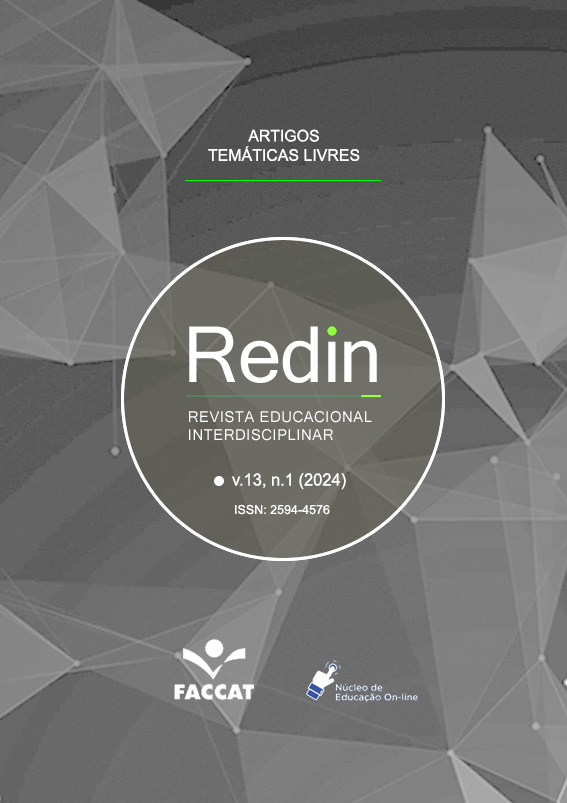Challenges in Engineering Education:
integrating computational thinking and 3D simulations
Abstract
This article explores the challenges and opportunities in engineering education by integrating Computational Thinking and 3D simulations as pedagogical tools. The main objective is to assess how this combination can enhance the training of engineers, especially in the context of Industry 4.0, which demands advanced skills in programming and automation. The research was conducted through a practical workshop, where Control and Automation Engineering students were challenged to carry out activities that combined 3D simulations with programming Programmable Logic Controllers (PLCs) using the Ladder language. The main challenges identified include the complexity of students' adaptation to new technologies and the need for appropriate technical and pedagogical resources. The results indicate that using 3D simulations, combined with the development of Computational Thinking, fosters a deeper understanding of programming concepts and provides an authentic experience of real-world engineering situations. Future perspectives point to expanding the use of these methodologies in different engineering disciplines to evaluate them in various educational contexts.
References
BALACHEFF, N. La transposition informatique, un nouveau problème pour la didactique. In: VINGT ANS DE DIDACTIQUE DES MATHÉMATIQUES EN FRANCE, Grenoble: La Pensée Sauvage, p. 364-370, jun. 1993.
DUARTE, A. E. P. et al. Vygotsky: suas contribuições no campo educacional. In: VI CONEDU, 2019, Campina Grande. Anais... Campina Grande: Realize Editora, 2019.
LEANDRO, C. C.; FACIN, A. L. F.; COSTA NETO, P. L. O. Indústria 4.0: Competências requeridas para a formação de engenheiros. In: XLIII ENCONTRO NACIONAL DE ENGENHARIA DE PRODUÇÃO (ENEGEP), 2023, Fortaleza. Anais...Ceará: ABEPRO, 2023.
PAPERT, S. Mindstorms: children, computers and powerful ideas. New York: Basic Books, 1980.
PAPERT, S. A máquina das crianças: repensando a escola na era da informática. Tradução de Sandra Costa. Porto Alegre: Artes Médicas, 2008.
PAPERT, S. LOGO: computadores e educação. Tradução de José Armando Valente, Beatriz Bitelman e Afira Vianna Ripper. São Paulo: Editora Brasiliense, 1985.
RÜßMANN, M. et al. Industry 4.0: The Future of Productivity and Growth in Manufacturing Industries. Boston Consulting Group (BCG), 09 abril 2015.
SILVA, A. M. et al. O ENSINO DE ENGENHARIA EM FACE ÀS COMPETÊNCIAS PROFISSIONAIS EXIGIDAS PELA INDÚSTRIA 4.0. In: XLVIII Congresso Brasileiro de Educação em Engenharia (COBENGE) e III Simpósio Internacional de Educação em Engenharia da ABENGE, 2020, Brasília. Anais... Brasília: ABENGE, 2020.
VYGOTSKY, L. S. A Formação Social da Mente. 4. ed. São Paulo: Martins Fontes, 1991.
WING, J. M. Computational thinking. Communications of the ACM, v. 49, n. 3, p. 33-35, 2006.


